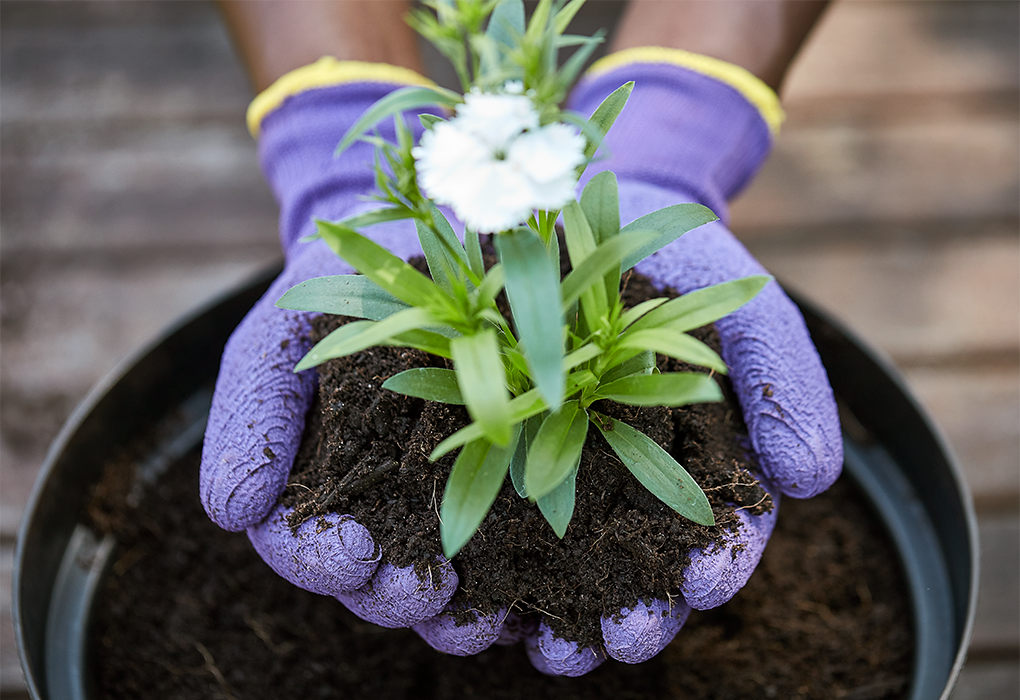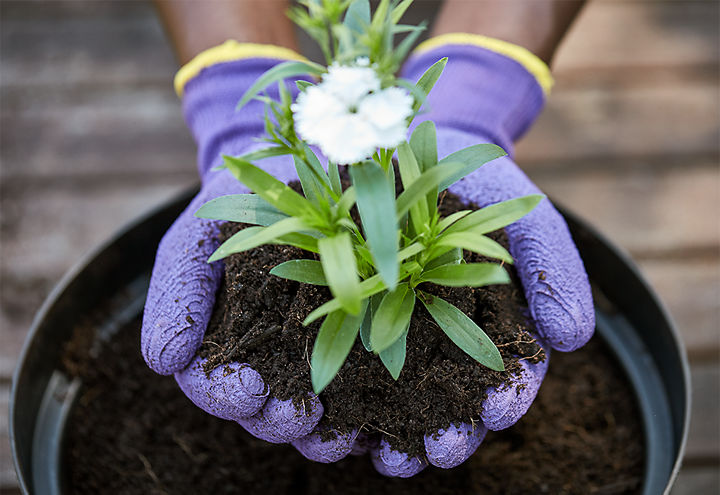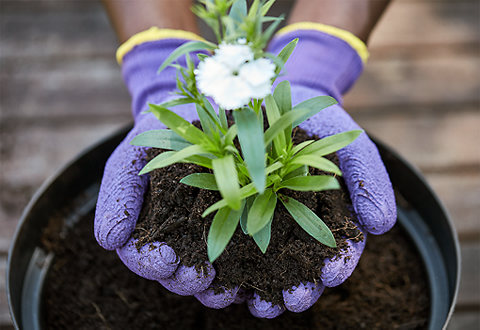Christmas clearance has landed! Click + Collect selected items in just one hour. Shop now >>
How to create an eco-friendly garden
Top tips for an outdoor space for birds, bees and other wildlife
Many of us want to do more to help the planet, and by making some environmentally friendly updates to your garden, it’s easy to create your own, more sustainable space. With our gardens covering more space than the Lake District and the Peak District combined*, everyone can do their bit to take care of nature.
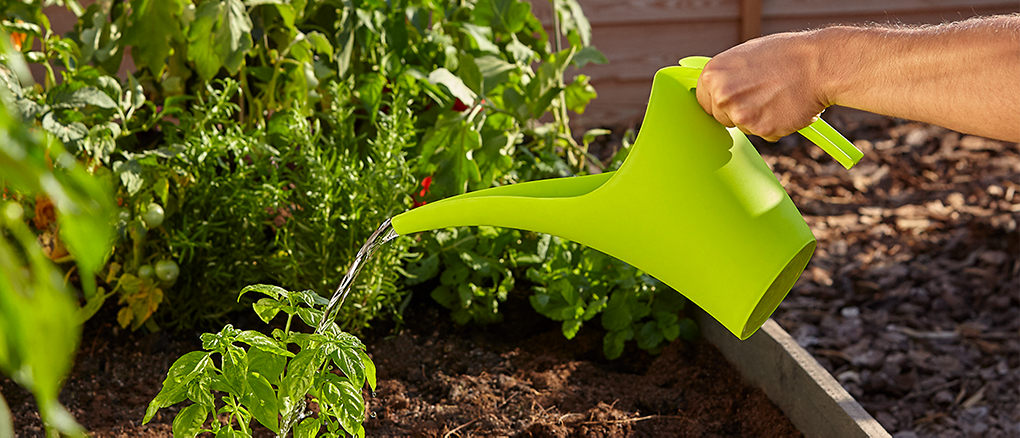

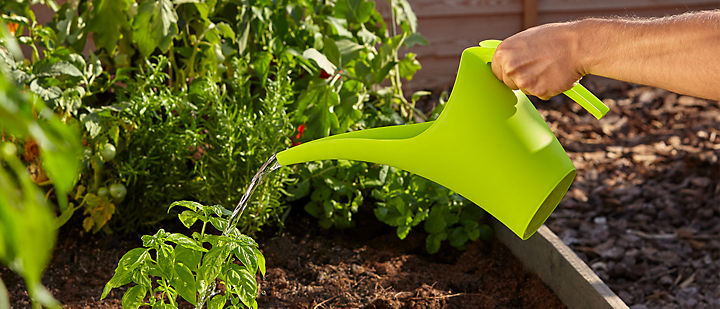
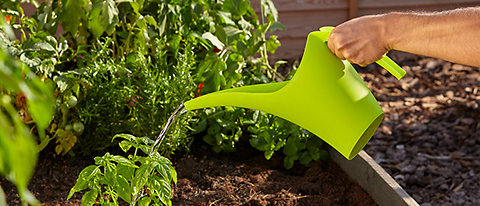
Welcome in nature
In the last 30 years the numbers of some of the UK’s most important species like butterflies, hedgehogs and birds has been declining.* Giving wildlife somewhere safe to rest and feed is a great way to help the environment. Plants such as lavender and verbenas attract bees and butterflies, while ponds will encourage frogs to visit.
Give hedgehogs a helping hand by building them a shelter. Adding a bird box or table is another great way of inviting some wildlife into your space.
When you’re raking up your leaves in the autumn, instead of getting rid of them, make a pile in the corner of your garden. This will make the perfect home for all sorts of small animals, just be careful not to disturb or tread on it!
*The Wildlife Trust, 2019
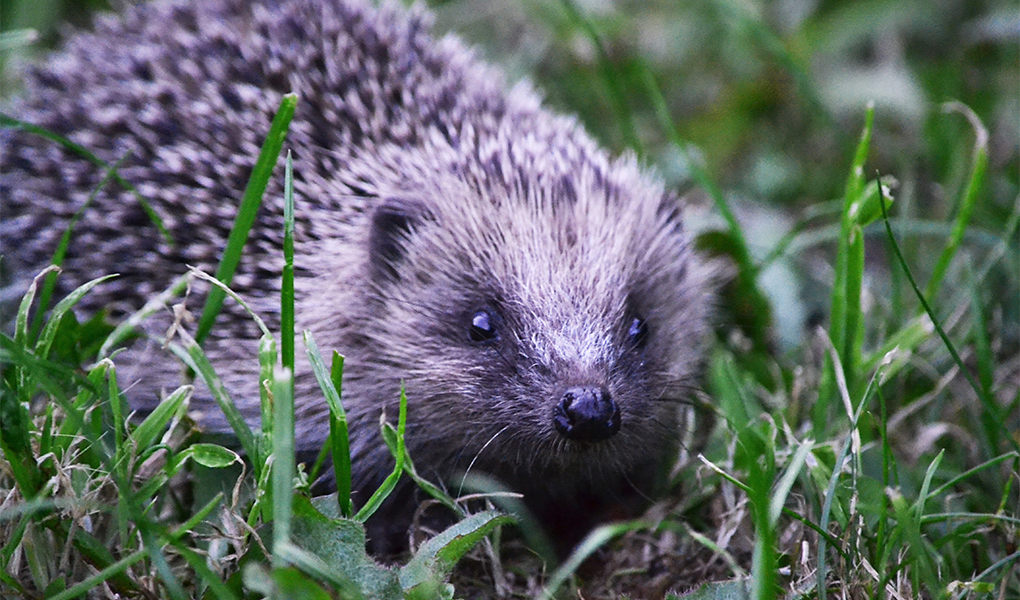

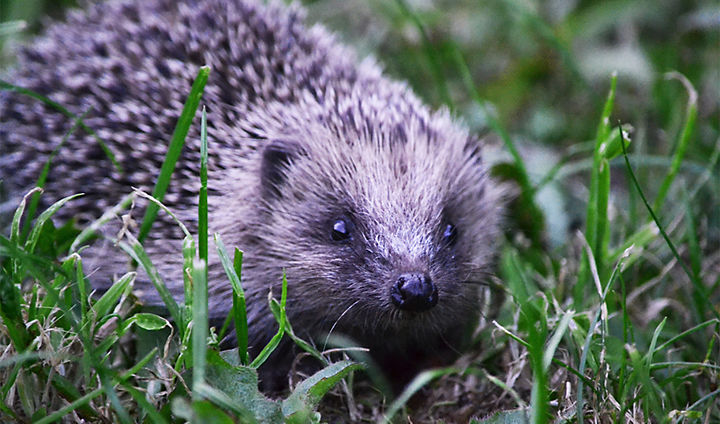
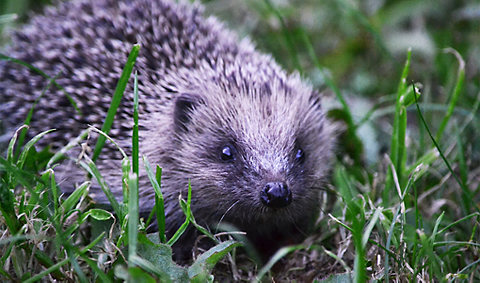
Give bees a chance
Without insects our lives would be very different. So much of our food relies on pollinating insects helping to fertilising our plants, in fact a third of our food is pollination dependent*! Using pollinator friendly plants can encourage them into your garden.
Encouraging other insects, as well as pollinators, is really beneficial to your garden and the ecosystem too. You can create a wilder area in a corner of your garden, which may be easier to look after as it won’t need much of your time and insects may use it to hide as well as use throughout their lifecycle, especially for the larval stages. It’s great to have food sources but we can also supply the right habitats for pollinators and other beneficial insects to grow and reproduce.
Getting rid of pesticides is an important step in becoming insect friendly. If you want to keep slugs and snails away from your plants and flowers, use an upturned grapefruit skin or beer trap.
Wasps are great for our eco system and as gardeners we should do our best to live in harmony with them.
*BBC Teach, 2019
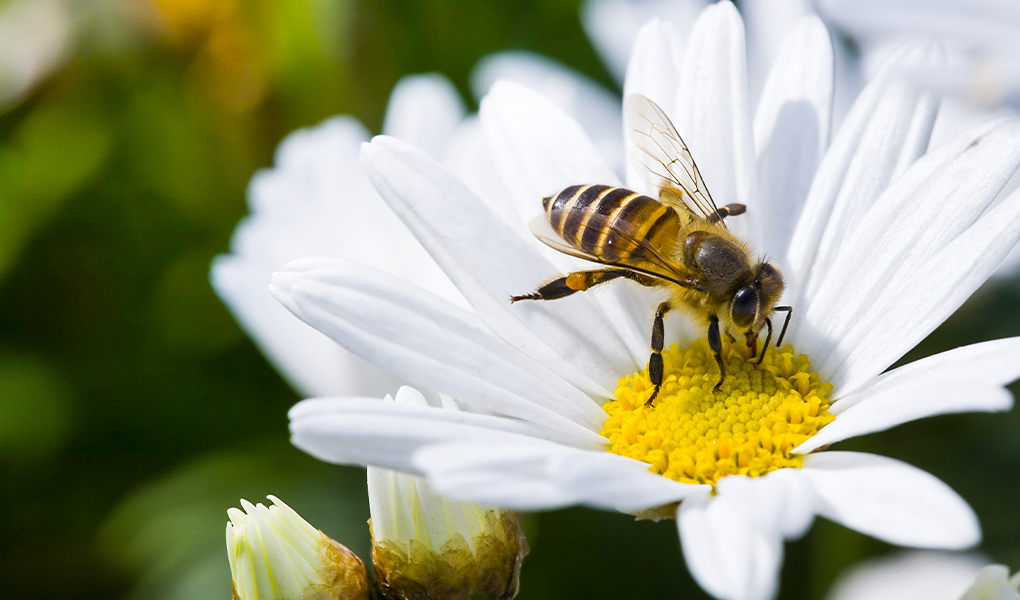

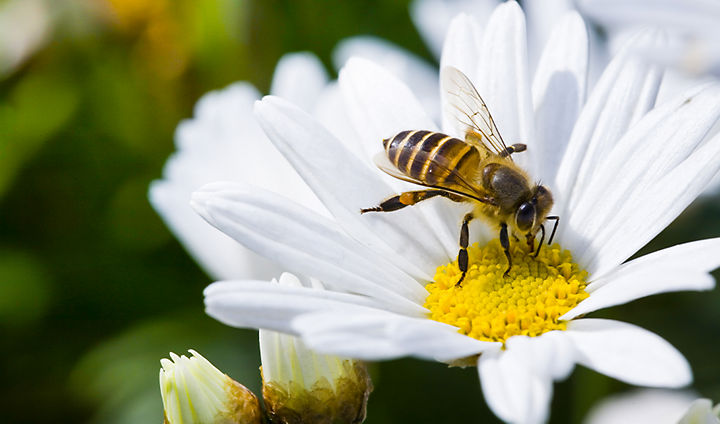
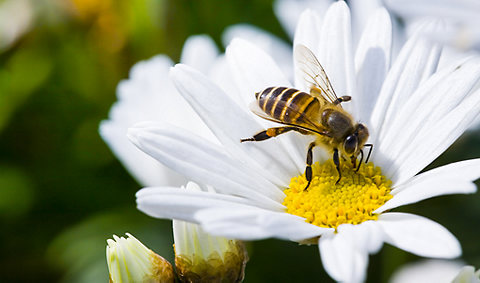
Reduce your water footprint
Water is a precious and limited resource, but everyone can do their bit to reduce their water footprint.
Collecting rainwater using a water butt is both cost-saving and great for the environment. Did you know it also reduces your carbon footprint? According to Water Wise, each time water rushes into the drains, energy is used by water companies to clean, treat and transport it.
It’s also ideal for acidic soil-loving plants like blueberries and heathers. Fit your water butt with a lockable tap to prevent any accidents if toddlers, young children and pets are likely to go anywhere near your it. Installing a water butt is easy. Follow our how to install a water butt guide.
Here are some other ways to cut back on using water in your garden:
- Hoses and sprinklers can use around 1000 litres of water each hour, fitting a trigger nozzle onto your hose can reduce this by 50%.
- Try using mulch or wood chips on your beds and borders to retain moisture, which means you have to water them less.
- If you do have sprinklers, it’s better to use them early in the morning or later in the afternoon when evaporation rates are at their lowest.
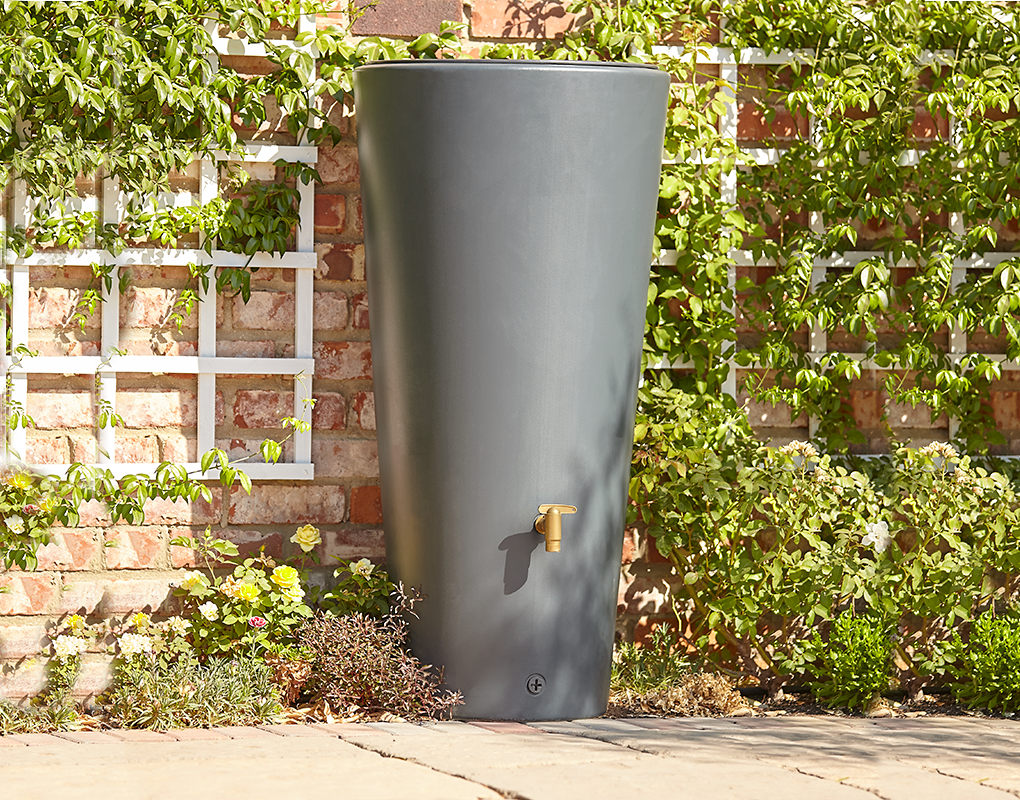

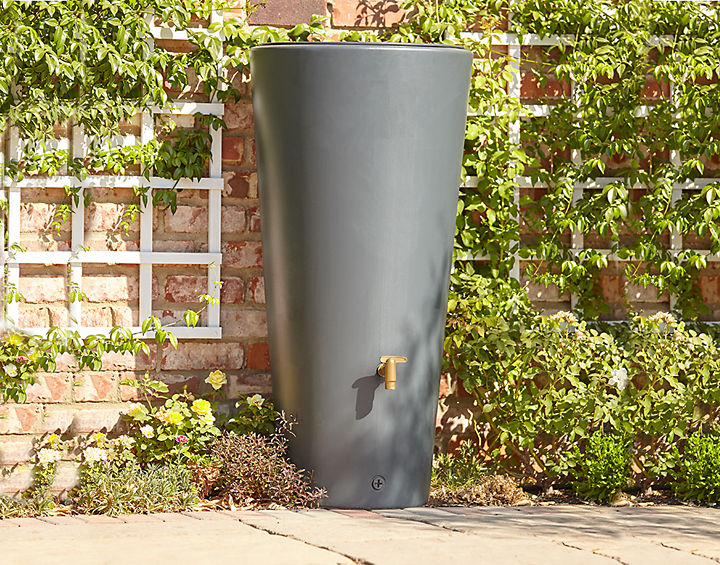
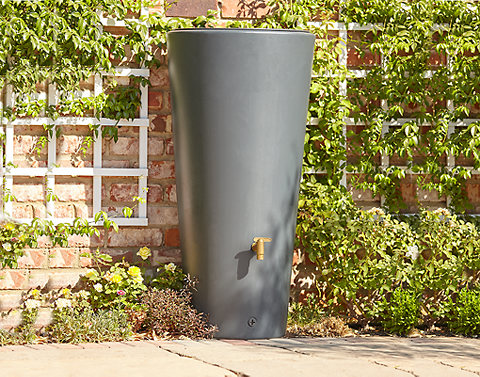
Be forest friendly
It’s really important when buying wooden furniture to make sure that the wood is from an accredited source. This FSC accreditation means the woodlands are sustainably managed.
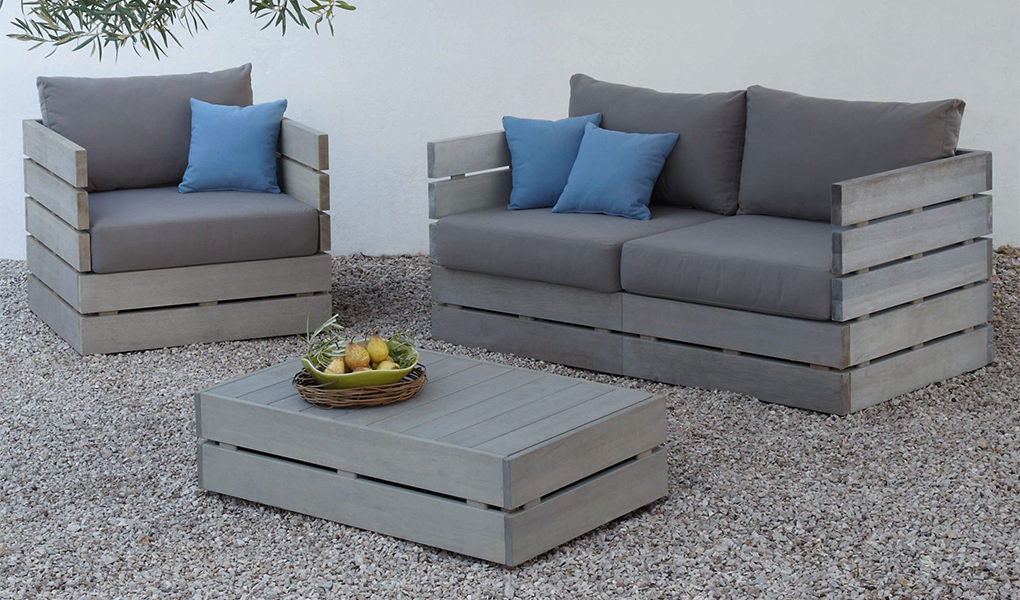

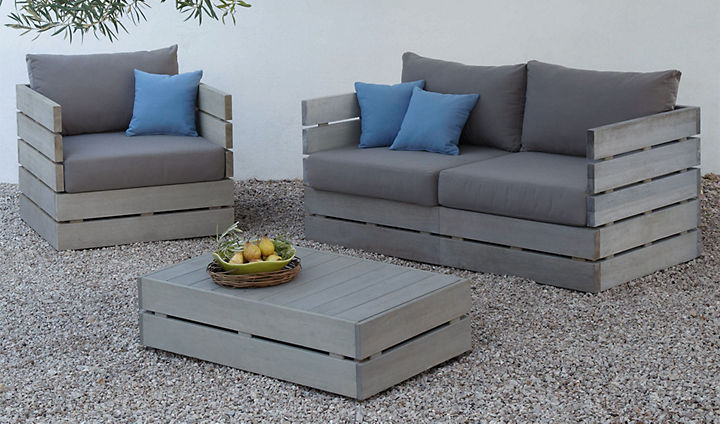
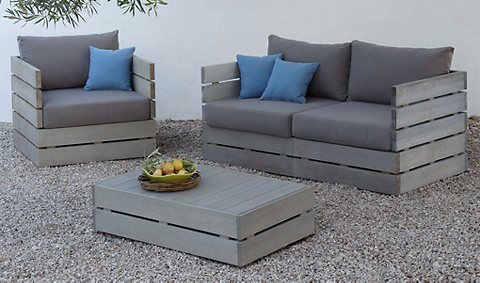
Clear out the chemicals
Gardening without the chemicals means you’ll have pesticide free plants and veg, as well as protecting wildlife from any nasty harmful substances. Spraying can indeed kill off those pests, but it could also deter the predators that keep them at bay too. Biological controls are available for lots of garden pests including slugs and snails.
Companion planting is also another way to reduce pest damage, but the biggest thing is be patient and let the natural cycles work. Using this holistic approach will encourage predators like ladybirds and wasps, who will remove the pests for you.
Create a barrier that keeps your plants safe by keeping pests away. Slugs, snails and caterpillars will struggle to make a meal of your plants if you use our protective wool matting or our wool pellets around the base of your plants. Get creative and sprinkle sharp sand, horticultural grit or even eggshells around plants to deter slugs and snails.
Using natural fertiliser helps you grow healthier plants, vegetables and fruit without the need for damaging chemicals. This also means they’re safer to eat! Leafmould is the perfect home-grown fertiliser, it’s easy to make and completely free. Read our how to make your own leaf mould guide for everything you need to know
